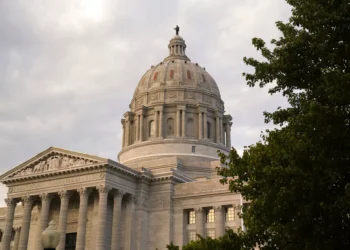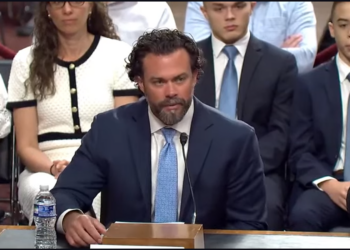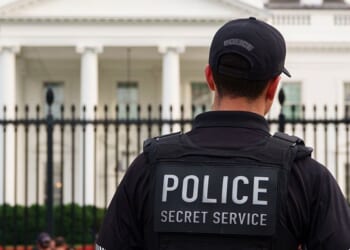We have a massive problem in the United States. Children are becoming increasingly addicted to social media, and social media is not a safe place for kids. This is not said lightly, either. Children there are sucked into content that features suicide, drugs, self-harm, body image issues, and sextortion.
What parent in their right mind would want their child exposed to that?
Yet that’s really the issue right there in a nutshell. Most parents aren’t parenting in an effective manner when it comes to social media. To be fair, this may not be entirely their fault. The apps lack sufficient safeguards, and the algorithms are vulnerable to just one malicious feed, allowing the stream of trash to continue flowing to your child’s phone.
As I have advocated before, there needs to be a universal “off” button for parents to enforce on social media. One bill looked particularly promising: the Kids Online Safety Act (KOSA). In one of its original iterations, I wrote this regarding the purpose of the bill:
This bill seeks to build safeguards for kids on social media such as ensuring the algorithms are not contributing to the mental health crisis. Children have huge struggles with content on social media driving them to negative behaviors such as eating disorders, suicidality, bullying, group challenges that are dangerous, and other mental health disorders.
Kids are also on a doom scroll. On most social media platforms, each new post, reel, or video is geared to be a dopamine hit (a form of instant gratification) that is addictive to the user. Kids are particularly susceptible because of their still-developing brains. Parents want a way to help their kids stop scrolling. This bill has provisions in it that make social media companies accountable for putting those measures in place for kids on their platforms.
The Kids Online Safety Act also forces Big Tech to have anti-data-mining protection available for minors.
These all sound like great things. But as with every invitation of big government interference, there is danger. Senator Marsha Blackburn (R-TN) reintroduced KOSA for consideration on May 14. It’s backed by Jonathan Heidt, a professor at New York University and a renowned social psychologist, who can be considered a leader in this field. How bad could it be?
Well, Hannah Cox brings up some interesting things to consider in the Washington Examiner. In this latest version of the bill, there is a stipulation that’s not very good at all. It’s called the “duty of care” provision, and it grants the Federal Trade Commission the ultimate power to police content.
This is bad on two fronts. First, this passing of authority to the FTC will lock that body into a constant stream of lawsuits against certain companies or apps that have violated their terms of safety for children. Smaller, less popular social media apps will slip through the cracks of this oversight. This would amount to government waste and would ultimately impede any real change toward reining in social media. Children will continue to be harmed.
Second, it opens the door to partisan censorship. As Cox aptly puts it: “Even if parents are willing to entrust Washington bureaucrats with children’s safety and wait out the FTC’s uphill fight to enforce nebulous care duties, the KOSA’s design still undermines people’s right to free speech. By marshaling government resources to create an online environment that is ‘safe by default,’ the KOSA greenlights censorship of whatever content the FTC deems threatening, a slippery slope for partisan speech policing.”
This recent provision should not be supported. The law should put parents firmly in control, not take that power away and give it to the FTC.
















